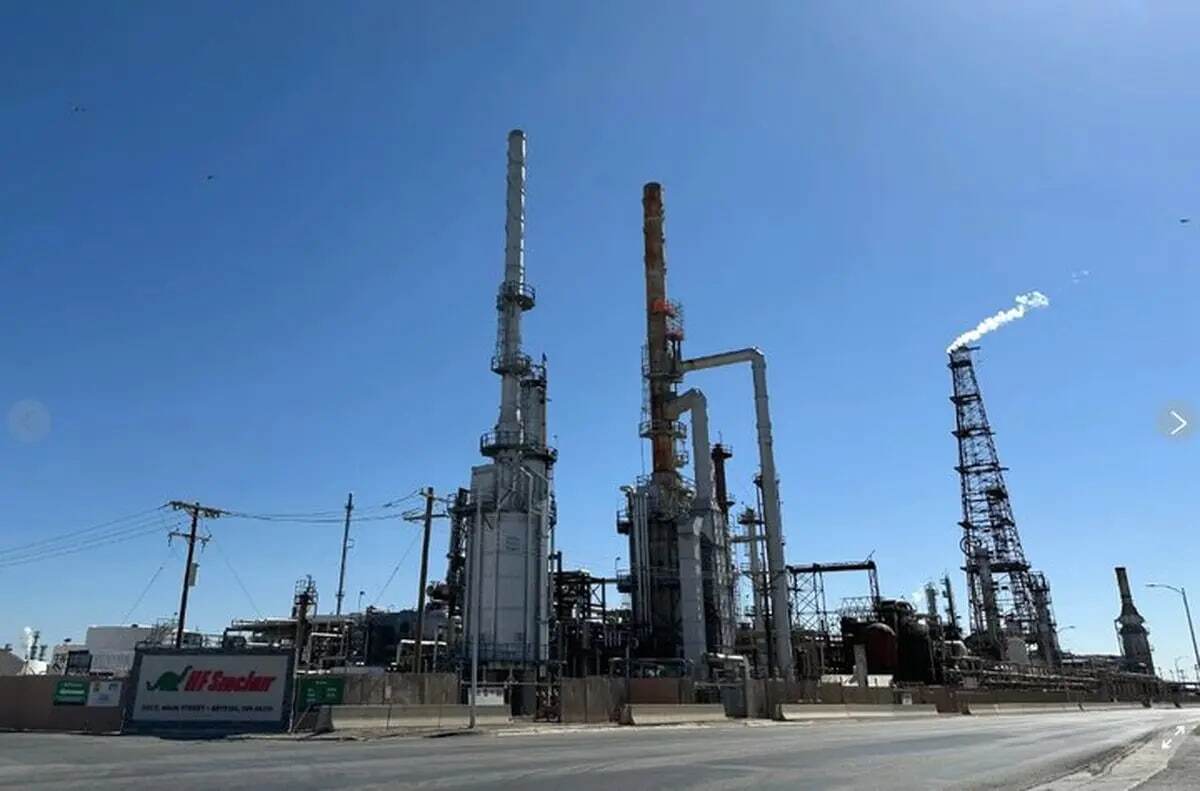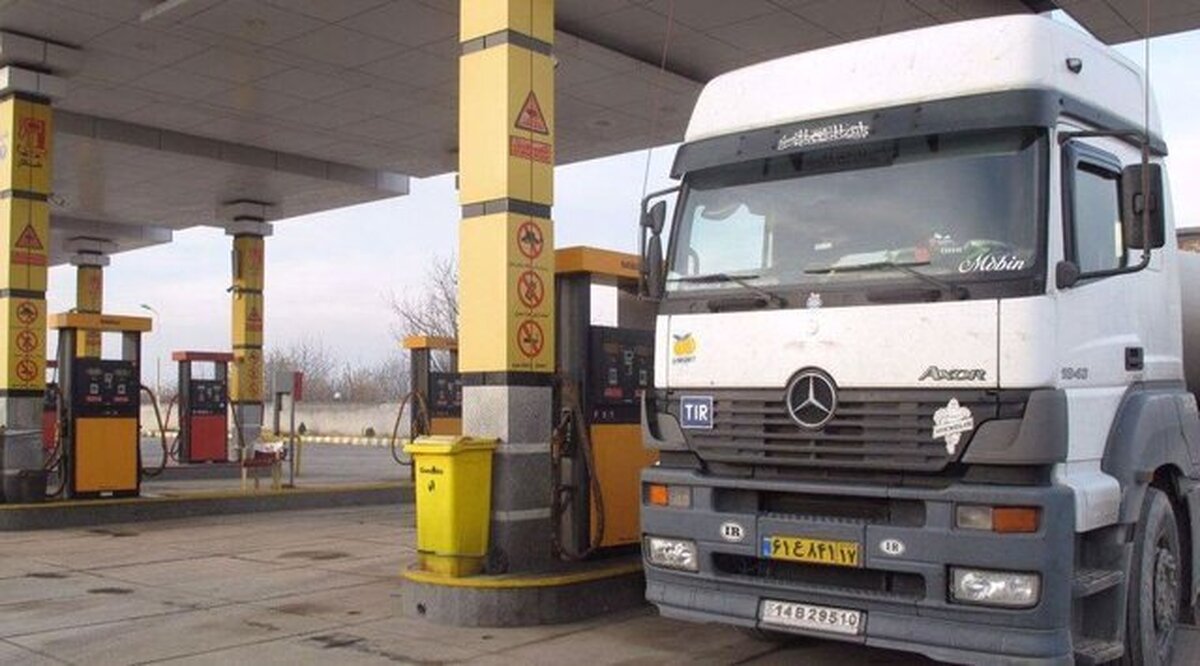
Call for Private Sector Investment in Oil, Gas Fields Shared With Neighbors
EghtesadOnlline: The development of oil and gas fields shared with neighboring states is a top priority, but unfortunately the Oil Ministry has long been grappling with financial constraints, a lawmaker from Fars Province said.
“Carrying out development plans in shared hydrocarbon reserves requires massive investment and the attraction of foreign investment is near impossible due to US sanctions, so a new scheme needs to be drawn up and the private sector should be given a bigger role,” Hossein Hosseinzadeh was also quoted as saying by ILNA.
As long as investment is not attracted and advanced technology is not transferred to the country, projects will be postponed and “we will continue to lag behind”, he added.
Hosseinzadeh said the Oil Ministry is deep in the red and owes millions of dollars to private contractors, so pinning hope on the bankrupt government body to invest in development plans is nothing but wishful thinking.
According to the lawmaker, Iranian experts have the know-how to develop energy projects, but financial constraints pose a big impediment.
The lawmaker believes that the best strategy to develop joint fields is to enter into barter deals with the private sector.
“Digging an oil well costs at least $15 million, and the ministry cannot afford to pay for such costly initiatives. Now that attracting foreign investment is out of the question, private firms should be tasked with implementing development projects in the oil industry and in return they should be allowed to sell the extracted crude for a particular period,” he said.
“The National Iranian Oil Company has a stockpile of 70 million barrels of condensates at sea, but cannot sell them easily due to the economic blockade.”
SP Pressure Reduction
Referring to the giant South Pars Gas Field, Hosseinzadeh noted that despite peak production in the field off the Persian Gulf, pressure reduction has emerged gradually and could get worse.
"The installation of offshore compressor stations in the field is the only long-term option to control gas pressure reduction," he said.
“Contrary to popular belief, the field will not be able to produce 700 million cubic meters of gas per day [the current output] forever and this clean resource should be used as prudently as possible.”
The official noted that by 2024, the pressure is expected to decline by 28 mcm per year unless special platforms and compressors are installed, for which each phase will need approximately $1 billion.
South Pars accounts for 80% of Iran’s gas need and a decline in SP output could create problems for consumers.
“Pressure reduction will anyway take place. However, other gas fields in the Persian Gulf, including Kish, Ferdowsi and Golshan, might help compensate for the output reduction [but not for long]."
Reservoir pressure in SP was higher when the first contract for the development of the giant field was signed years ago, he recalled.
Hosseinzadeh said Qatar's excessive gas extraction from the field has reduced the pressure to a great extent and a further lowering of pressure will affect production from the operating platforms in the near future.
Iran has close to 34 trillion cubic meters of natural gas reserves – about 18% of the total global l gas reserves.
South Pars is the world’s largest gas field, shared between Iran and Qatar, covering an area of 3,700 square kilometers of Iran’s territorial waters in the Persian Gulf. It adjoins Qatar’s North Field that measures 6,000 square kilometers.
Shifting Focus
ILNA also quoted Alireza Shariat, the director of Iran Water Industry Federation, as saying that while the world is moving away from fossil fuels and the focus has already shifted to renewables and water ownership, energy officials in Iran are still preoccupied with raising oil output by digging more wells and building more refineries.
"As renewable energies are expanding their footprint at a faster than expected pace in the world, oil and its derivatives will lose their importance in a foreseeable future and water, not petroleum, is expected to emerge as the world's most vital product,” he added.
As water becomes increasingly precious worldwide, it is projected that more conflicts will arise as several nations compete for limited water resources. Indeed, water-related tensions have mounted among Iran, Turkey, Iraq and Afghanistan, which share borders.
The earth is indeed the blue planet due to an abundance of oceans, but only 1% of its water is fresh and accessible. Agriculture and industry are thirsty for that limited supply and the environment is in steep decline because of human mismanagement.
All these competing forces have convinced experts, including Shariat, to agree that “water will replace petroleum as the 21st century's core commodity”, with nations rich in water resources enjoying enormous social and economic advantages over those lacking them.



